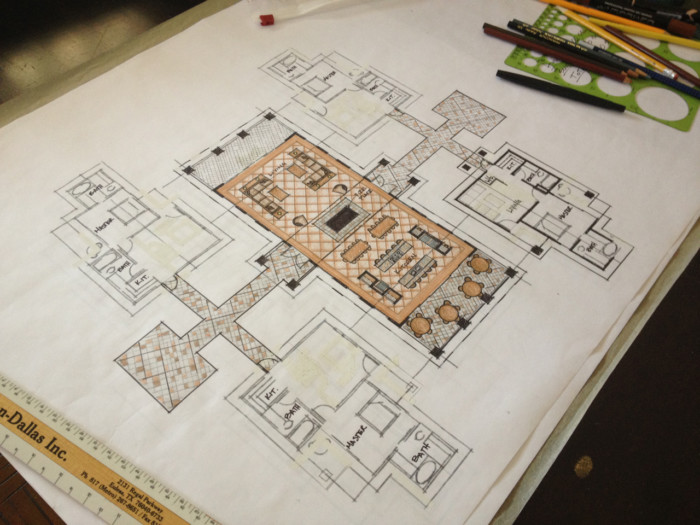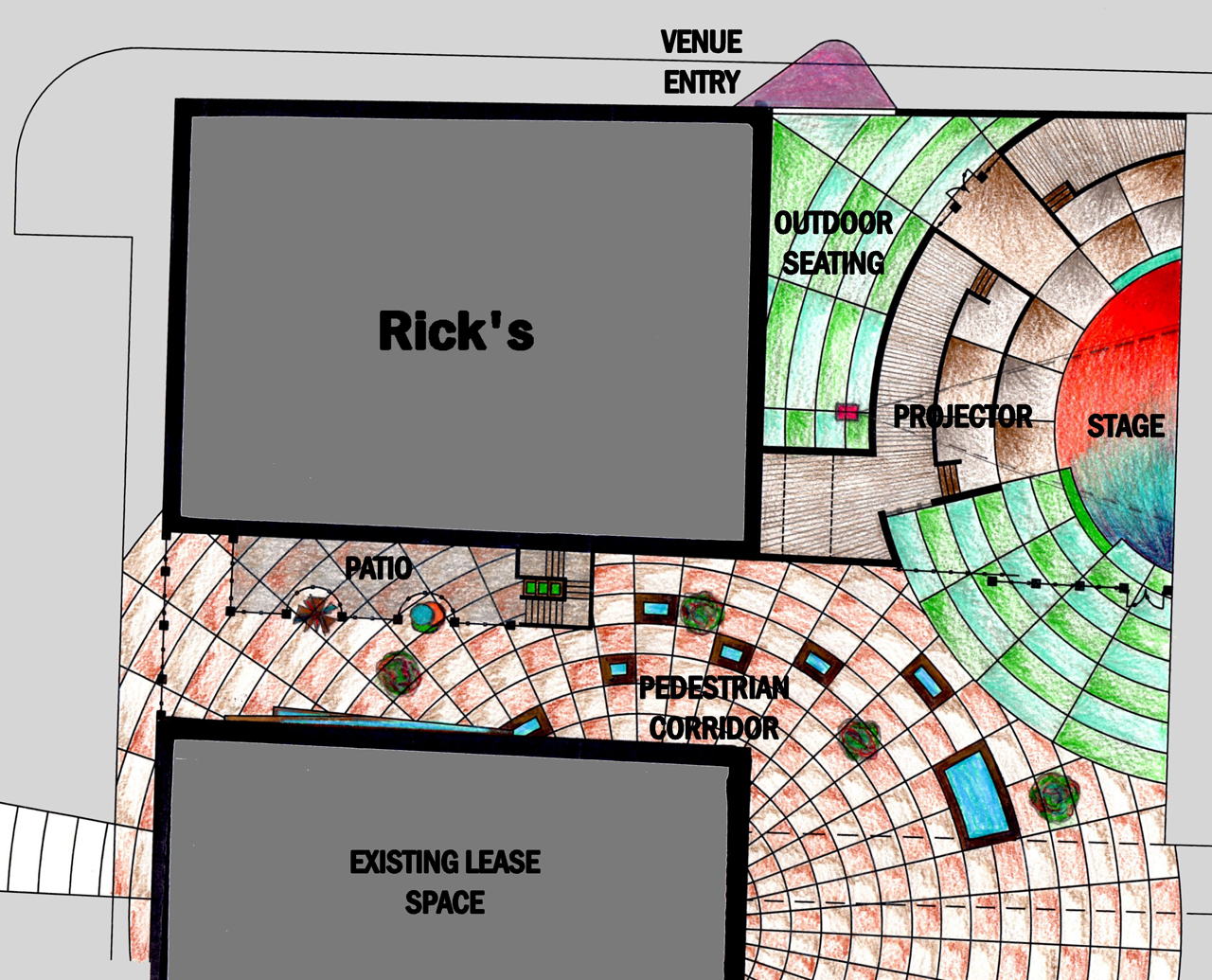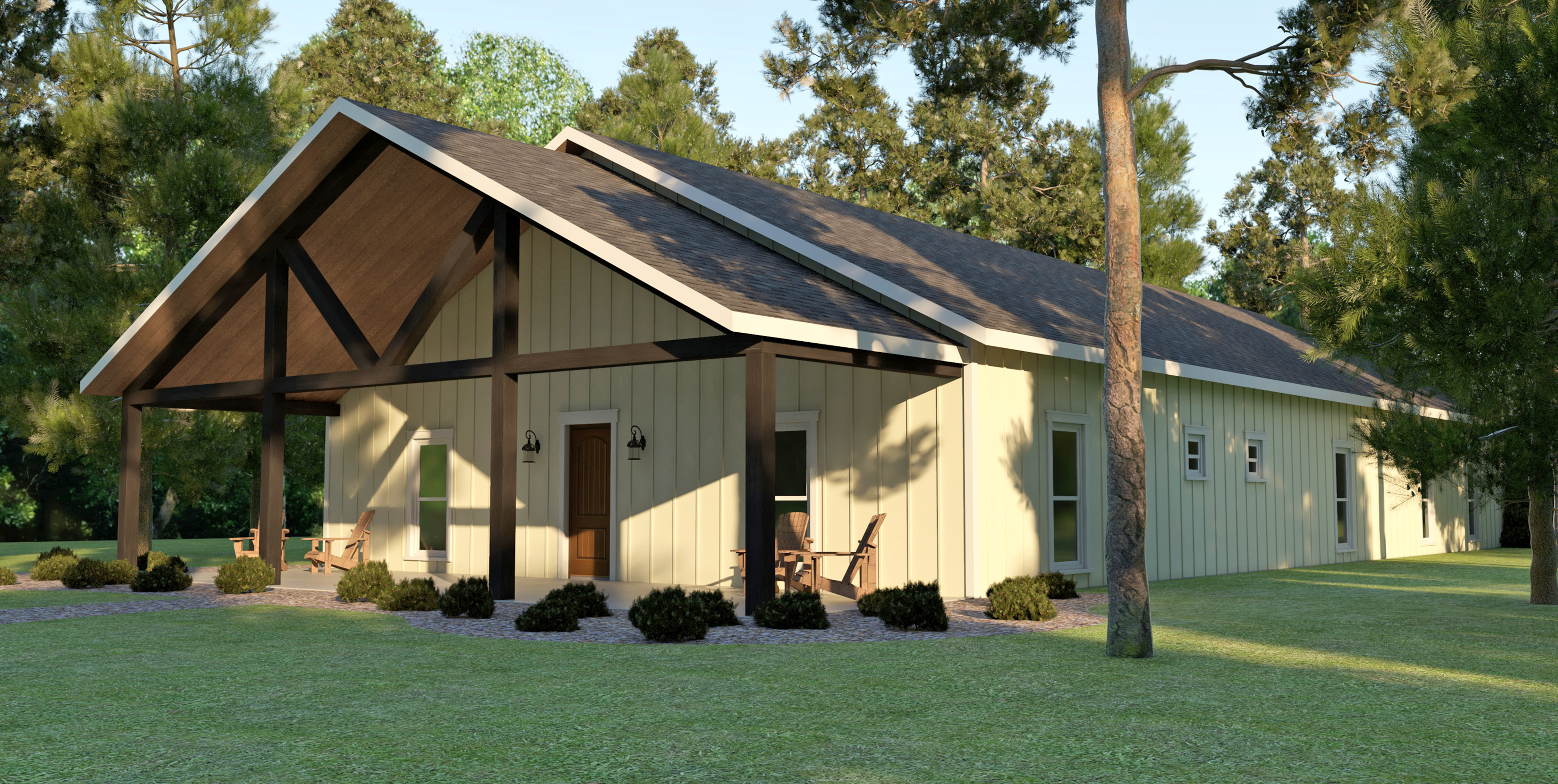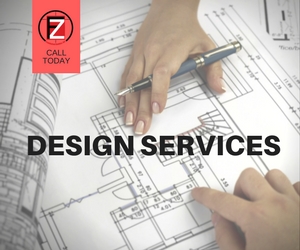 Are you really ready to take on all that is involved with building a commercial building?
Are you really ready to take on all that is involved with building a commercial building?
The commitment level for commercial development is very high. Constructing your own commercial building involves an enormous investment of time and money. so you need to be sure it’s the right move for your business.
You will need to ask yourself whether such a project really suits your company’s needs. Is your reason to increase space to accommodate more business or increase productivity? Is your goal to boost revenues by leasing space to other businesses?
Even after you have answered these basic questions, don’t expect a smooth ride. Unforeseen problems such as budget overruns, unreliable contractors, and delays are common are going to be common occurrences. You will have to be prepared to manage change on a daily basis. The more time you have to complete the construction and the better equipped you are to making quick decisions the better chance you will have to succeed.
1. Think Out All of Your Options
The sheer scale of a construction project demands a major commitment from all who are involved. The time and energy that is invested in constructing a building should also be put into managing the business. Hiring a project manager to oversee the job should be your first option to consider. However, you will still need to be involved in daily decision-making, and that will inevitably mean more time away from managing operations. Can you afford to spend the time away from running your business to build a building for the business?
Maybe another option should be considered like renting office space, buying another building or renovating existing space. Seek out a financial advisor or consultant to help evaluate your situation. The question you need to answer…can I find a better option?
Once you’ve carefully determined which option to you will take, now is the time to enlist engineers, architects, and interior designers to develop a strategy.
Make sure your strategy considers is your long-term needs. Ask yourself…Will the building be able to accommodate growth down the road? Don’t want to find the company has outgrown the new building too quickly. Making additional changes once you decide on the strategy makes for a costly investment.
2. Make the right financial projections
A financial advisor can determine the affordability of your project, how much money you’ll need from start to finish and the right financing solutions for your needs.
It helps to start with a good business plan focused on making realistic revenue projections. A strong business plan helps gain the confidence of lenders and shows them you can handle a project of this scope without endangering your company’s financial health.
3. Get Ready for the building permit tsunami
Once you finalize the plans for the build, the next step is to satisfied all local governmental agencies by receiving the right permits. This should be done as early as possible since building without a permit is obviously not an option.
Permit regulations can vary greatly depending on whether you’re building new premises, altering existing premises, changing the appearance of a building or altering its use.
Building projects are often administered by municipalities. Building codes generally apply to new construction and have traditionally been concerned with fire safety, structural soundness, and building occupants’ health. More recent codes have added rules concerning accessibility for handicapped persons and energy conservation.
Check with your municipality to see exactly what you’re allowed to do with and without a permit.
4. Hire an experienced architect or designer
The high cost of professional building designers will tempt entrepreneurs to skip the essential step of hiring a good architect or designer.
While you might think you’re saving money up front, you will lose in the end because of problems such as an inefficient use of space and not meeting permit specifications. There is more to it than drawing a box and building what is drawn.
Professional experienced in drafting designs that meet commercial specification should be hired to ensure buildings are both functional and efficient.
You need to be sure your building and layout can accommodate your equipment. FrankieZed Studios consultants offer planning and operational management process improvements that help companies design plans that maximize productivity and eliminate waste.
5. Don’t Get Overly involved
Business owners have to be realistic in assessing how much time they can devote to the building project. An overly involved business owner will lose business during construction projects because the management team is less focused on the business’ performance and too anxious about the new building.
It is highly recommended that the business owner hire a project manager who can take care of complex logistics and ensure that the designer, architect, engineers, and contractors work in harmony.
Business owners should ask themselves… Do I have the skill set to pull together a project like this? If the answer is no, then they need to hire an expert. There is no doubt the business owners should be very present on the site so as to take the pulse of what’s happening there. By hiring a project manager the business owner can ensure they will be able to give equal attention to the company’s well-being.
6. Do Cost Estimates First
It is essential to gather the cost of the project from the beginning. Most financial institutions can provide useful advice on assessing costs and developing budgets. They can also advise on whether you’re getting a fair price per square foot.
Business owners should be wary of quotes that seem too good to be true. Always read the inclusions and exclusions on every contract. Minor details overlooked can greatly affect the price you pay in the end.
7. Have a Contingency Plan
It is not always possible to predict costs. For your own well being, be sure to cover extra costs by having a contingency plan representing 10% to 15% of the total project cost.
Even with a fixed-price contract, many different aspects of the project, like additional landscaping costs, modifications to electrical and plumbing to accommodate equipment, along with moving costs…..can quickly run over budget.
8. Have Finances in Order before You Start
Don’t wait until the last minute to see your bank about your financing the project. Make sure your banker is involved from the beginning. Never think it is too early.
The banker can help you determine the building’s affordability and how much money you will need from start to finish.
Businesses needing financing should expect to show the banker they have a healthy balance sheet and are showing sufficient profits to exceed well beyond the expected project’s completion.
9. The Right Contractors Are Important
Competent contractors are essential. Do not consider only a contractor’s quoted price. Other criteria should also be taken into consideration.
Ensure the contractor is licensed, financially stable and willing to provide references and guarantees on the work done.
Request that your contractor provides maximum price guarantees to protect you from cost overruns. Max pricing guarantees will give contractors an incentive to provide accurate estimates and manage costs effectively.
Architects, as well as bankers, should be able to refer you to contractors with good track records. It is good to get at least three quotes.
A good contractor generally will take you to other buildings they have constructed to show you their work.
Make sure the contractor has expertise in constructing sustainable buildings. Always obtain references, along with full information on any past legal disputes. Ask if your contractor uses new and innovative construction methods and is up to date on new ways to achieve energy efficiency.
10. Avoid last-minute changes
Once the construction of the building is underway, one of the most common mistakes business owners make is to make last-minute changes.
Business owners should never make hasty decisions on the spot The results will always cause delays and budget overruns.
Business owners need to stay in close contact with architects or designers to ensure any changes are truly necessary.
11. Know Building Team Roles
A construction project involves many people, all with their own specific responsibilities. Often the designer, like FrankieZed Studios, is hired to oversee the construction and make sure each building team member is doing what they should be doing.
Here is a typical division of roles:
- The business owner, or building owner, assumes overall responsibility for the project. They decide what is to be built and ensure that work is carried out in compliance with existing laws and regulations. They are also responsible for choosing consultants and contractors.
- The designer works with the engineer and architect to plan the building layout. Your designer could be your spokesperson when resolving conflicts with the contractor or suppliers.
- The engineer, architect, and designer produce drawings of functional specifications that comply with laws, regulations and building owner’s requirements. They inspect the work to ensure that it is carried out according to the drawings and specifications.
- The general contractor, or project manager, assumes full responsibility for the construction work, including the purchase of materials, determining the work schedule, and hiring workers.
- Subcontractors are hired by the general contractor to perform specific construction tasks, such as the installation of electrical fixtures and setting up of a heating system. Subcontractors often also specialize in “ground-up work” (foundations, floors, walls, and roof) or “finish-out work” (interior walls, electricity, painting, and plumbing).
- Suppliers provide the general contractor with the necessary materials, which meet industry standards.
- Finally, municipalities are responsible for examining drawings and inspecting work sites to ensure they meet local laws and regulations.
12. Know how to resolve conflicts
It’s almost inevitable that you will have to resolve conflicts during a construction project. These may involve discrepancies that crop up during a particular phase of the project and should be settled by the designer and the general contractor, who is responsible for all work, materials and subcontractors.
If you encounter obstacles, first get a grasp of who is responsible for what. In general, all parties with whom you have signed a contract must guarantee their work complies with the terms of the contract. This means the general contractor is liable for any defects resulting from the work of subcontractors or others hired.
The contract lays out obligations concerning materials and workmanship. In addition to those guarantees, a contractor is legally obliged to meet established standards and construct a building free of dangerous defects.
Building Inspections
Generally, designers, contractors, subcontractors, and developers are jointly liable for all defects in workmanship for one year. In the case of major defects, this liability is extended to a period of five years after completion of the project.
It is always good advice to take when in doubt, seek legal help.
Contact FrankieZed Studios for more information on how we can help prepare you to build your building.








